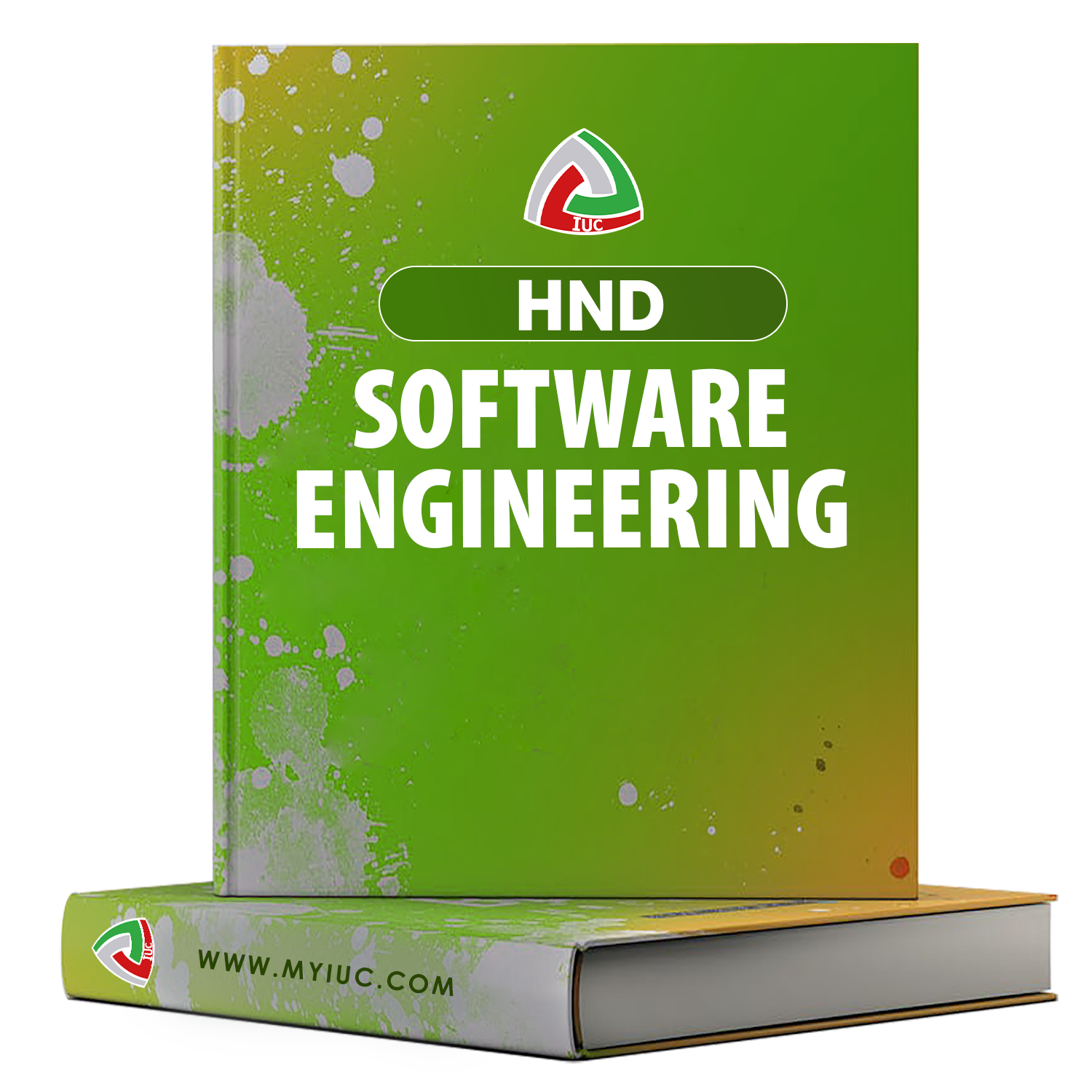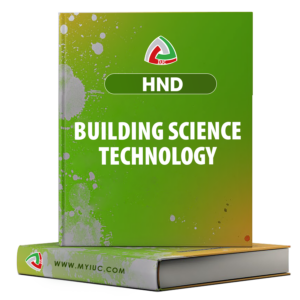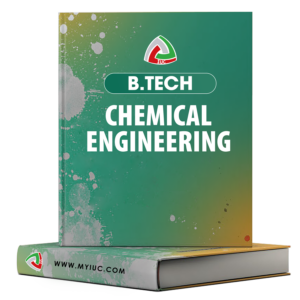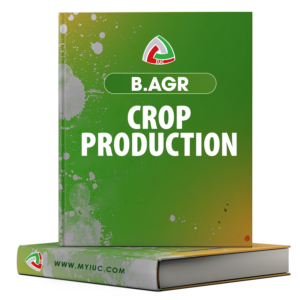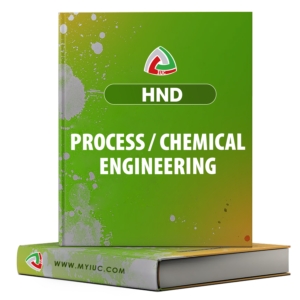Higher National Diploma (HND) in Software Engineering provides a practical and industry-focused education in software development, designed to prepare students for the challenges of creating, maintaining, and improving software systems. This program offers a solid foundation in the core principles of software engineering, combined with hands-on training in modern programming techniques and software development practices. The HND in Software Engineering prepares graduates to take on a variety of roles in the software development lifecycle, including software developer, web developer, application support analyst, and system architect. Additionally, the program equips students with the skills to pursue further studies in specialized areas like cloud computing, machine learning, or software project management.
| PROGRAMME |
SEMESTER |
DURATION |
CREDIT |
ACCREDITATION |
| SOTFWARE ENGINEERING |
2 SEMESTERS |
2 YEARS |
120 |
MINESUP |
CORE OBJECTIVES
1. Mathematics and Physics
- – Calculus I, II, III: Foundational courses in calculus, focusing on functions, derivatives, integrals, and multivariable calculus essential for problem-solving in software development, particularly in algorithms and data processing.
- – Linear Algebra: Study of vectors, matrices, and systems of linear equations, crucial for understanding graphics programming, machine learning algorithms, and data structures.
- – Differential Equations: Introduction to solving ordinary differential equations, which are useful in fields like simulation, physics engines, and data modeling in software engineering.
- – Physics for Engineers: A course covering the basic principles of mechanics, thermodynamics, and electromagnetism, applicable for simulation, game development, and understanding physical systems in software engineering.
2. Core Software Engineering Disciplines
- – Software Architecture & Design: Focus on designing systems with scalability and maintainability in mind, including design patterns, system architecture, and modularization.
- – Object-Oriented Programming (OOP): Core concepts of OOP, including classes, inheritance, and polymorphism, crucial for building organized and reusable code.
- – Data Structures & Algorithms: In-depth study of various data structures (e.g., arrays, trees, graphs) and algorithms, which form the backbone of efficient software.
- – Database Design & Management: Principles of relational and non-relational databases, ensuring students can efficiently handle data in applications.
- – Web Technologies: Focus on HTML, CSS, JavaScript, and modern frameworks like React or Angular to build interactive web applications.
- – Mobile Development: Skills for developing mobile applications using platforms like Android and iOS, including understanding responsive design and mobile UI/UX principles.
- – Unit and Integration Testing: Techniques for ensuring that software components work as expected, including the use of testing frameworks and automation tools.
3. Software Engineering Project Management
- – Software Project Management: Skills and techniques for managing software development projects, including planning, scheduling, and resource allocation.
- – Risk Management: Identifying and mitigating potential risks in software projects, ensuring successful project completion.
- – Team Collaboration & Communication: Emphasis on effective communication within development teams, essential for delivering software products in a collaborative environment.
- – Professional and Ethical Standards: Understanding of ethical responsibilities in software development, including issues like data privacy, security, and intellectual property.
4. Environmental and Sustainable Engineering in Software
- – Sustainable Software Development: Concepts of energy-efficient and resource-conscious software design, focusing on minimizing environmental impact in data centers and software operations.
- – Green Computing: Emphasis on environmentally responsible computing, including optimizing software for energy efficiency and reducing hardware waste.
CAREER OPPORTUNITIES
1. Software Developer
- – Role Description : Software developers design, develop, and maintain software applications across various platforms (web, mobile, desktop). They write code, test software, and ensure the functionality and usability of applications.
- – Skills Required : Programming languages (e.g., Java, Python, C++), software design, debugging, version control.
- – Industries : Tech companies, finance, healthcare, gaming, e-commerce, government agencies.
2. Web Developer
- – Role Description : Web developers specialize in building websites and web applications, ensuring they are responsive, functional, and user-friendly. They work with front-end and back-end technologies to create dynamic web experiences.
- – Skills Required : HTML, CSS, JavaScript, React, Angular, server-side technologies, databases.
- – Industries : Digital agencies, startups, e-commerce companies, content management companies.
3. Mobile App Developer
- – Role Description : Mobile app developers create applications for mobile devices (Android, iOS). They design and develop apps that meet user needs, optimizing performance and ensuring a seamless user experience.
- – Skills Required : Swift (iOS), Kotlin (Android), UI/UX design, API integration, mobile frameworks.
- – Industries : Tech companies, startups, mobile-first businesses, gaming, e-commerce.
4. Software Tester (Quality Assurance)
- – Role Description : Software testers ensure that applications meet quality standards by testing them for bugs, performance issues, and usability problems. They write test plans, execute tests, and report issues to development teams.
- – Skills Required : Test planning, automated testing, debugging, attention to detail.
- – Industries : Software companies, fintech, healthcare, gaming, cybersecurity.
